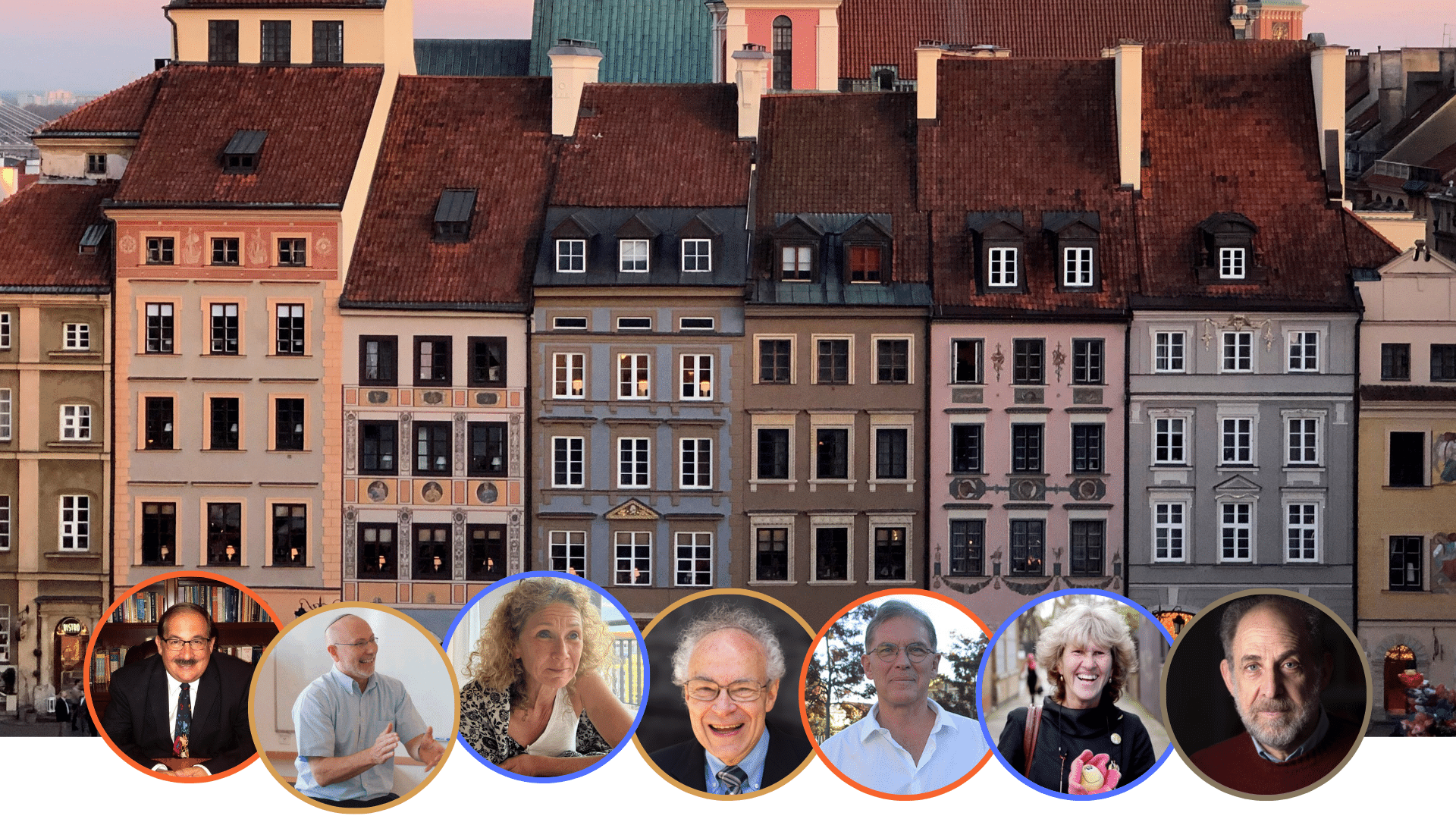To gain insight into the history of Jews and other minorities requires extra effort — and knowledgeable facilitators. —Therkel Straede
Jewish Heritage Travel sat down with a few of our accompanying scholars to hear their thoughts on why seeking out Jewish pasts and meeting Jewish people around the world drives them and how it inspires our travelers.
“Jewish travel is an encounter with these divergent strands of our identity and ultimately a personal journey of self-understanding,” said scholar Raymond Scheindlin, professor emeritus of Medieval Hebrew Literature at the Jewish Theological Seminary and a former Guggenheim Fellow, who has accompanied trips to Morocco and Spain. He added that these tours explore history “on the spot where it was made” to make it “concrete” and “memorable.”
“Even if you have read or attended lectures, seeing the sites where it happened, walking the streets where the great figures of our past walked, experiencing the ambiance in which they lived, makes the whole subject more vivid,” said Scheindlin.
“We are an international people made up of diverse communities,” said Rabbi Chaim Seidler-Feller, who has led trips to Vienna, Prague, and Northern Italy with us and has spent 40 years teaching Judaism and Jewish history. “Through the centuries, we have assimilated much from our surroundings that have shaped Judaism and Jewish life, and at the same time, we have made profound contributions to those very cultures.”
Aryeh Maidenbaum, a Jungian scholar and the founder of Jewish Heritage Travel, prioritized travel with accompanying scholars from the beginning. “Our scholars create a vibrant tapestry that brings to life the historic and cultural Jewish experience in the splendid countries and cities we visit,” he said.
One of the basic tenets of Judaism is the commandment to remember key events. —Yoram Bilu
Therkel Straede, one of the world’s leading experts on the October 1943 rescue of Jews from Denmark, spoke about the importance of the locations themselves: “Topography is important to history and memory — landscapes and cities, institutions of Jewish history and culture. Wandering along the paths and visiting the rooms where Jewish life took place, culture unfolded, and anti-Jewish oppression happened provides insight into the conditions of Jews of the past. Their thoughts and feelings and the choices they made. This makes us think: How would we have reacted? How would we put up with the challenges they faced?” In addition to Denmark, Norway, and Sweden, Straede has accompanied our travelers to Lithuania, Latvia, and Estonia.
This particular type of remembrance, that covenant, has always been a core responsibility for Jewish people, noted Yoram Bilu, professor emeritus of anthropology and psychology at Hebrew University. “One of the basic tenets of Judaism is the commandment to remember key events,” he explained, citing Passover Seder as the perfect example.
“[With the reading of the Haggadah text] all participants are involved in active remembrance of the birth of the Jewish nation, a performative recall, if you will,” Bilu shared.
It is not every day that most of us have the opportunity to spend time in conversation with brilliant academics, teachers, and historians, discussing perspectives on the nature and importance of Jewish travel. So join us on an educational tour with Jewish Heritage Travel, where conversations like these happen all the time.






